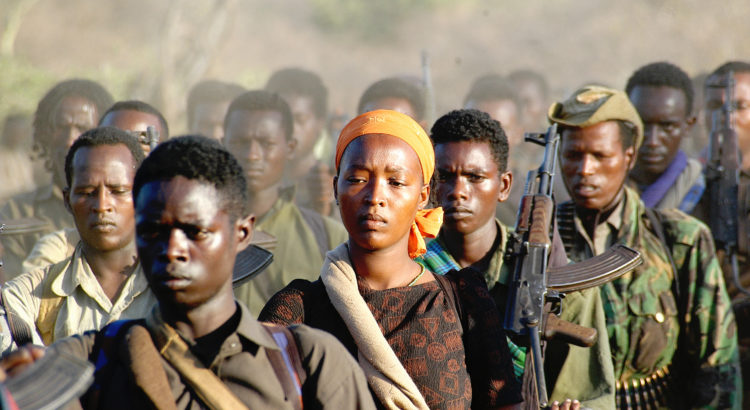África/May 05, 2018/Allafrica
Resumen: La etnicidad continúa moldeando la política del este de África de manera tanto predecible como inesperada, de acuerdo con los expertos africanos presentados en Peacebuilders, una nueva serie de podcasts de Carnegie Corporation of New York.
Ethnicity continues to shape East African politics in ways both predictable and unexpected, according to African experts featured on Peacebuilders, a new podcast series from Carnegie Corporation of New York.
«The question of ethnicity,» George Gathigi, lecturer at the University of Nairobi, says, «always features in every conversation.»
For most of the podcast’s experts, efforts like government devolution in Kenya and ethno-federalism in Ethiopia are attempts to harness the dynamism of ethnic affiliations while preserving the prerogatives of the post-colonial nation-state.
For Ethiopian scholar Solomon Dersso, commissioner of the African Commission on Human and Peoples’ Rights, Ethiopia’s blend of leftist centralism and ethnic federalism is «such a very delicate balance to make. Getting the balance between these two is extremely difficult.»
Like Ethiopia, Kenya has been devolving power away from the capital and into local governments. The policy was adopted in part to reduce ethnic competition for power in the capital, which was convulsed by violence around the 2007 presidential elections.
«I think devolution in the Kenyan context, but also in Ethiopia,» Rashid Abdi of International Crisis Group says, «if it works well, it has the potential of actually putting all these countries onto a very solid path to what is stabilization.» And yet, Abdi continues, «In many ways Africa is regressing back to a very old principle of organizing politics, which is around ethnicity.»
The relative unimportance of the central state is emphasized also by the Kenyan public intellectual Nanjala Nyabola. On «the ethnic question in Kenya,» Nyabola says, «one political decision we can make is to put it in its rightful place and not to overstate its importance.»
She points out that about 40% of Kenyans do not belong to any of the dominant ethnic groups, and that women often marry outside their ethnic group. Both factors add complexity and nuance to simplistic notions of ethnic politics.
The interviewers are Aaron Stanley, a program assistant with the Carnegie Corporation’s international security program, and Scott Malcomson, an author, journalist, and former government official and NGO executive.
Malcomson was a Carnegie Corporation media fellow in 2015-18, and is currently a fellow in international security at the New American Foundation and director of special projects at Strategic Insight Group.
Fuente: http://allafrica.com/stories/201805010329.html







 Users Today : 34
Users Today : 34 Total Users : 35460243
Total Users : 35460243 Views Today : 42
Views Today : 42 Total views : 3418937
Total views : 3418937